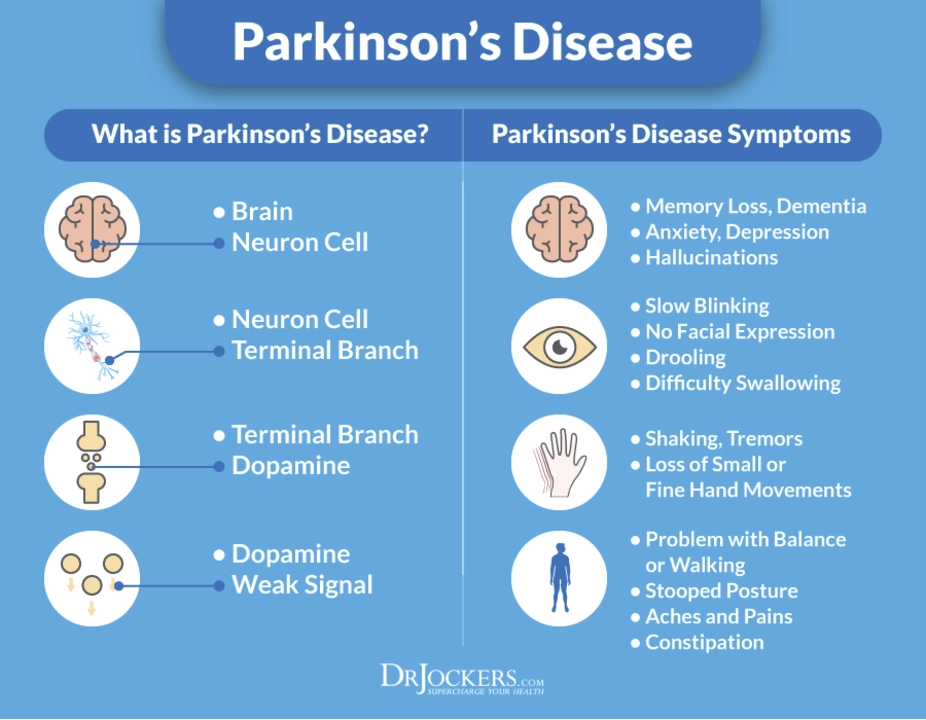Early detection: Spot signs early, act fast
Early detection saves lives. Catching health problems early usually means simpler treatment and better outcomes. You can start by paying attention to small changes. A new lump, odd bleeding, unexplained weight loss, lasting cough, or new trouble breathing are signals you should not ignore. Changes in mood, sleep, or memory also matter. Side effects from medicines can show up as dizziness, palpitations, or unusual fatigue.
Focus on common areas at risk: cancer, heart disease, diabetes, lung conditions, and mental health. For cancer, screening tests like mammograms and colonoscopies find disease before symptoms become serious. For heart disease, regular blood pressure and cholesterol checks pick up risks you can treat. For diabetes, watch thirst, urination, and vision changes and check blood sugar when advised. For lung problems, chronic cough or worsening breathlessness after smoking history should trigger testing. For mental health, persistent low mood, anxiety, or sudden changes in thinking need evaluation.
Screening schedules are based on age, family history, and personal risk. If you have a family history of early cancer or heart disease, your doctor may recommend earlier or more frequent tests. Smokers, people with long-term lung exposure, or those on certain medications may need special monitoring. Don’t guess — ask your clinician for a clear plan that suits you.
Practical steps you can take today
Here are simple steps to act now. Keep a short symptom diary on your phone with dates and how each symptom affects daily life. Bring recent medication lists and family history to every appointment. Ask your provider for baseline tests when starting a new medication so future changes are easier to spot. Use telehealth for quick questions and ask about urgent pathways if symptoms worsen between visits.
How to talk to your doctor
When you speak to a clinician, be specific. Tell them exactly when a symptom began and what makes it better or worse. Ask what test they recommend and what the next steps will be for different results. If cost or access is a problem, ask about community clinics, sliding scale labs, or discount programs for tests and meds. If you feel unheard, seek a second opinion.
Early detection is not about over-testing or worrying yourself sick. It’s about timely action that gives you more options. Small signs can become big problems only when ignored. By watching changes, following a risk-based screening plan, and talking clearly with your clinician, you increase your chances of simple and effective treatment.
Start today by noticing one change and booking an appointment. A brief check now can prevent weeks or months of harder treatment later. You deserve clear answers and a plan that fits your life.
If you take medications, learn the specific early warning signs to watch for — for example, heart meds can cause dizziness or slow pulse; some antibiotics cause rashes; chemotherapy may affect fertility and energy. Keep a list of emergency contacts and your pharmacy details. If a test shows an abnormal result, ask how urgent it is and what lifestyle steps you can do immediately. Small, steady actions prevent big problems.

